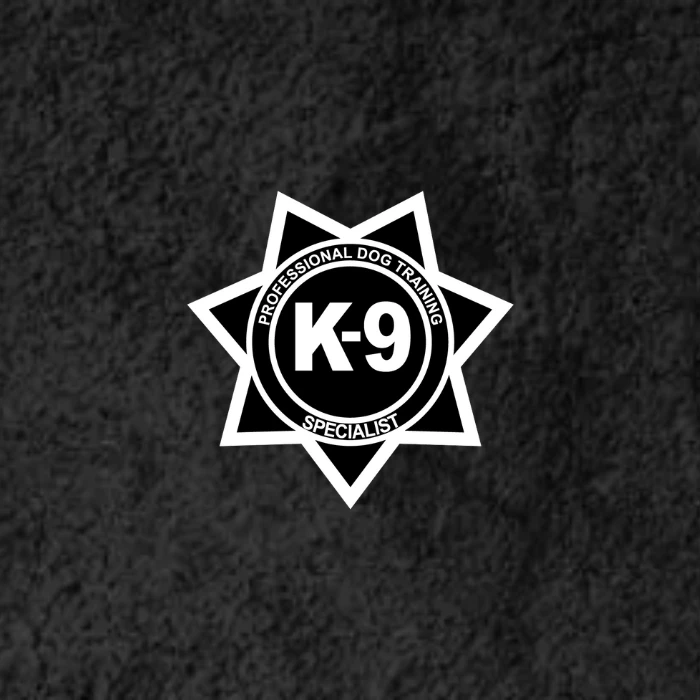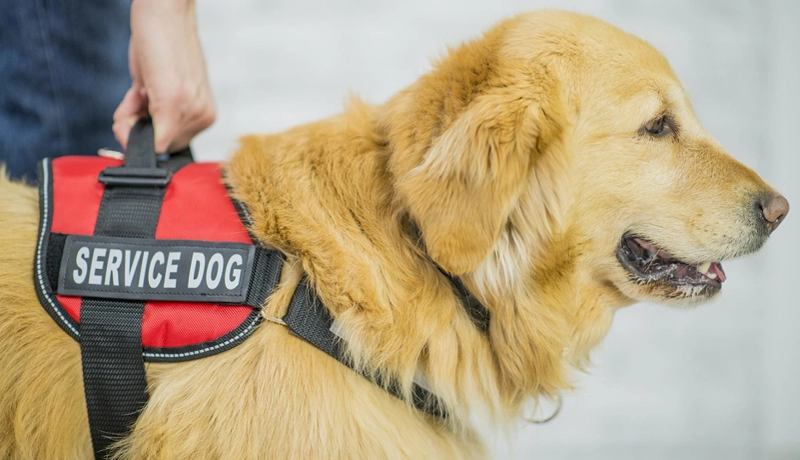Dogs have long been valued partners to humans, performing tasks that go beyond companionship. Service dogs training and K9 dogs are prime examples of this unique relationship, providing essential assistance in various areas, from helping individuals with disabilities to aiding law enforcement. Effective training is the cornerstone of their success, requiring specialized methods tailored to their unique roles. Let’s explore the top training methods for service and K9 dogs and how these approaches are shaping exceptional canine performance.
1. Understanding Service Dog Training
Service dogs are trained to assist individuals with specific needs, such as mobility support, medical alerts, or emotional assistance. Training methods for these dogs emphasize:
Positive Reinforcement: This involves rewarding the dog for desirable behavior, encouraging repetition. Treats, praise, or toys are common rewards.
Task-Specific Training: Each service dog is trained to perform tasks suited to their handler's needs, such as retrieving items, opening doors, or sensing changes in blood sugar levels.
Socialization: Service dogs must be exposed to various environments, people, and situations to ensure calm and composed behavior in public.
Consistency: A structured routine ensures the dog learns commands efficiently and reliably.
2. Techniques for Guard Dog and K9 Training
Guard dogs and K9 units have demanding responsibilities, such as protecting property, apprehending suspects, or detecting narcotics. Training these dogs requires advanced techniques:
Obedience Training: The foundation of all K9 training, obedience ensures dogs respond promptly to commands like "sit," "stay," and "come."
Controlled Aggression: Guard dogs are trained to exhibit aggression only on command or in the face of genuine threats, ensuring safety for handlers and the public.
Scent Detection: Specialized K9 dogs, such as narcotics or explosives detectors, are trained to recognize and indicate specific scents.
Fitness and Agility: Regular physical conditioning ensures the dog can perform tasks like jumping, running, or navigating obstacles.
3. The Role of K9 Specialists in Training
K9 specialists play a vital role in shaping a dog’s capabilities. With their deep understanding of canine behavior, these professionals create customized training programs based on the dog’s breed, temperament, and intended role. They also educate handlers on effective communication with their dogs, ensuring seamless teamwork.
In locations like Miami, K-9 specialists offer targeted services, such as:
Service Dog Training Programs: Comprehensive classes that guide both the dog and handler through essential skills.
Advanced K-9 Training Specialities: For law enforcement or private security needs.
4. Comparing Service Dog Training Costs and Programs
One common question for potential service dog owners is: What is the cost of training a service dog? Costs vary depending on the complexity of the tasks and the duration of the program. Some essential factors influencing costs include:
Trainer Expertise: Highly experienced trainers or specialists often charge premium rates.
Program Type: One-on-one training or tailored programs typically cost more than group sessions.
Duration: Programs lasting several months naturally incur higher costs.
Despite the investment, these programs are invaluable for ensuring the dog’s effectiveness in their role.
5. The Importance of Service Dog Training Classes
Training classes offer structured learning environments for both dogs and handlers. These programs include:
Basic Obedience: Crucial for laying the foundation for advanced skills.
Task Training: Focused on the specific needs of the handler.
Public Access Training: Preparing dogs to behave appropriately in public spaces.
Training classes are also an excellent way for handlers to bond with their dogs and understand canine behavior better.
Conclusion
Training service and K9 dogs requires a combination of skill, patience, and expertise. Whether it’s a service dog providing life-changing assistance or a K9 dog protecting the community, the right training methods ensure they excel in their roles. If you’re searching for the best service dog training in Miami or need a K-9 specialist, remember to focus on programs that emphasize professionalism, consistency, and tailored approaches for optimal results.


